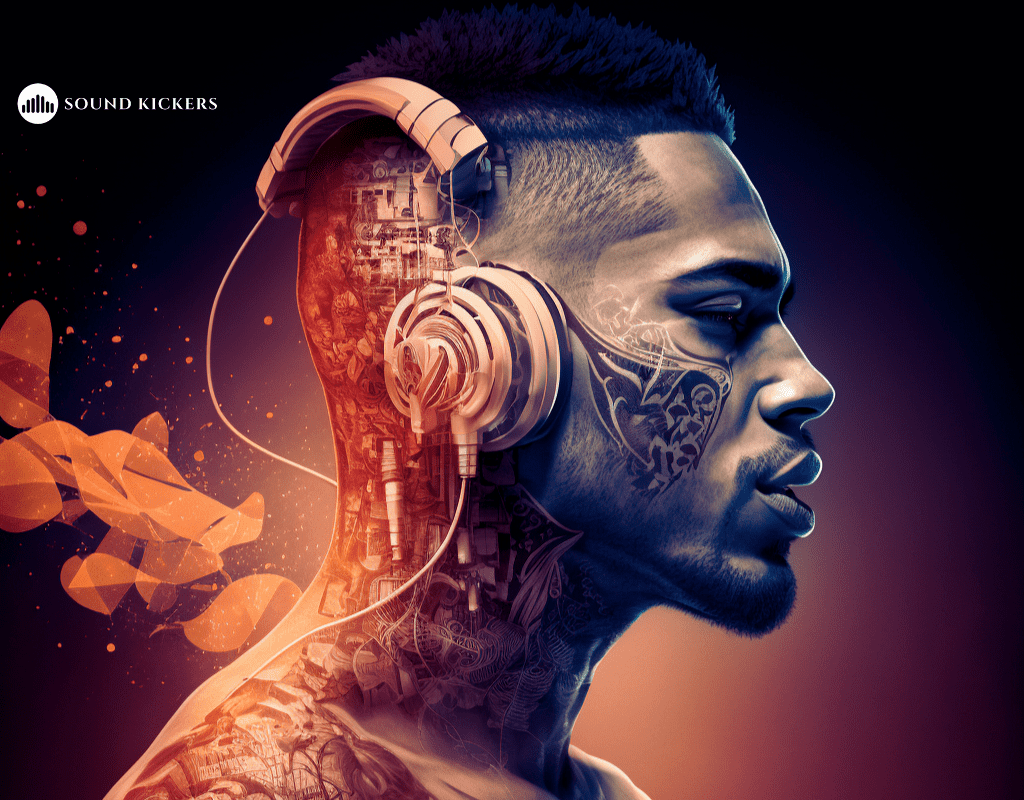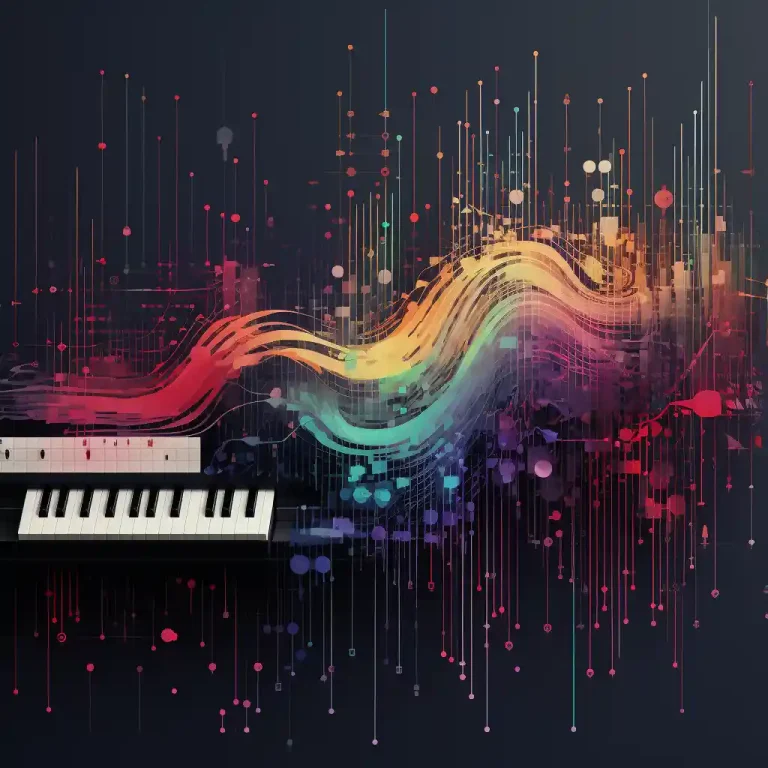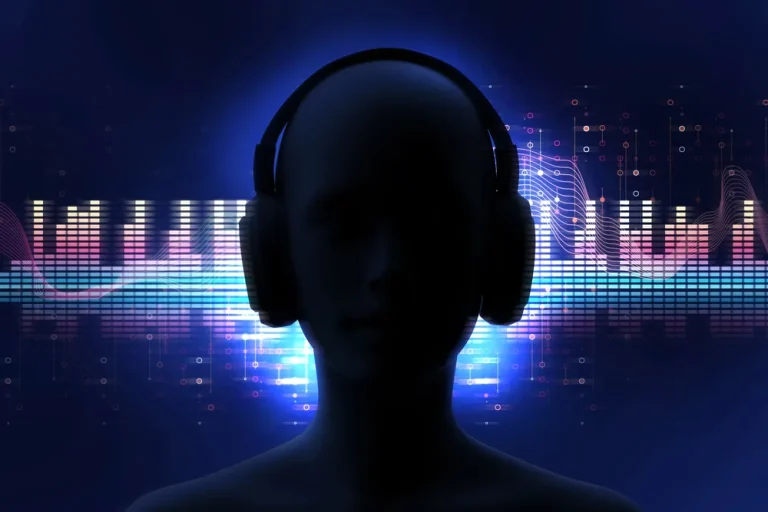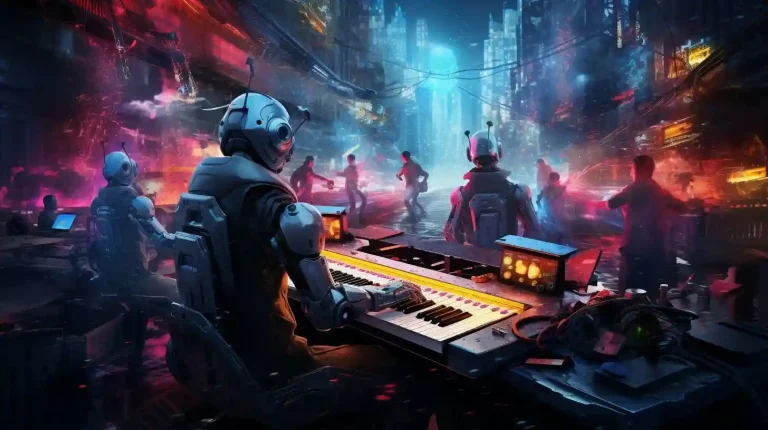Can AI Sing? (Explained)
Artificial Intelligence is one of the most incredible inventions in human history.
It can perform amazing tasks like creating art, weeding fields, and even driving cars. But musicians and songwriters are now asking, can AI sing?
Believe it or not, artificial intelligence can indeed sing a melody. Some AI software can accomplish several singing tasks, such as replicating a human voice or generating a unique synthesized singing voice. AI singing software can sing words from a page, sing in another language, and much more.
If you’re curious how software can sing like a human, keep reading! We’ll discover how it works, what it can do, and more.
How Can AI Sing?

AI software learns to sing using two complex processes.
The first is deep learning.
The software is “taught” to sing by listening to hundreds of hours of songs.
The process is also referred to as voice cloning since it can capture the intonation, style, vocal range, and pronunciation of a specific singer or thousands of singers.
AI singers also use text-to-speech software to sing. Without it, the software wouldn’t know which words to sing.
Combining these two technologies enables AI to sing with a voice that can replicate a human’s. In most cases, you won’t be able to tell the difference between a real human and an AI voice since the technology is so accurate.
What Can Singing AI Do?
First, it can turn anyone into a professional singer! If you’ve dreamed of singing your entire life but don’t have the means to take vocal lessons or train for years, that’s okay.
AI software can now learn your voice and, correct your pitch, tone, style, and improve your range so you’ll sound like a real professional.
AI can also change your voice to sound completely different. Some software can change the singer’s voice from male to female and vice versa, make it sound robotic, and change the language or musical genre; the list is endless as the software continues to advance.
Here’s what AI software that sings can do:
- Sing a song in a new language in the original voice
- Switch the singer’s voice from male to female or vice versa
- Add in harmonies to improve the melody of the song
- Improve the quality of the singer’s voice
- Recreate a live performance of a deceased singer
- And more
What To Do With an AI That Can Sing
AI software that sings might initially sound impractical.
With so many naturally talented singers, why would we need AI that can sing? Surprisingly, there are many ways to put this innovative software to great use.
1. Live Performances
One of the most beneficial applications of AI that can sing is for live performances.
Many artists have layered songs that took multiple recordings to sound just right.
During a live performance, AI software can sing the additional melodies that a human singer can’t possibly sing all at once.
This makes the performance more authentic for the audience, and the artist can stay true to their original vision for the song.
Plus, duets can be performed without both parties being physically present.
2. Voice Training
Another really interesting application for singing AI is voice training.
The software can learn the singer’s voice and turn out a polished version that will help the singer learn what their voice sounds like and how to improve.
Vocal teachers can use this software during their classes to showcase different techniques in students’ voices, making it easier for them to hear what they should sound like.
Or, people can use it independently to improve their singing.
3. Songwriting
Songwriters can also use AI singing software to make their music come to life without hiring a singer.
Businesses that need jingles or any other type of song can use AI to save money and tailor the voice to match their expectations.
4. Production
One of the key areas in the music industry that will benefit from AI singing is during the production stage.
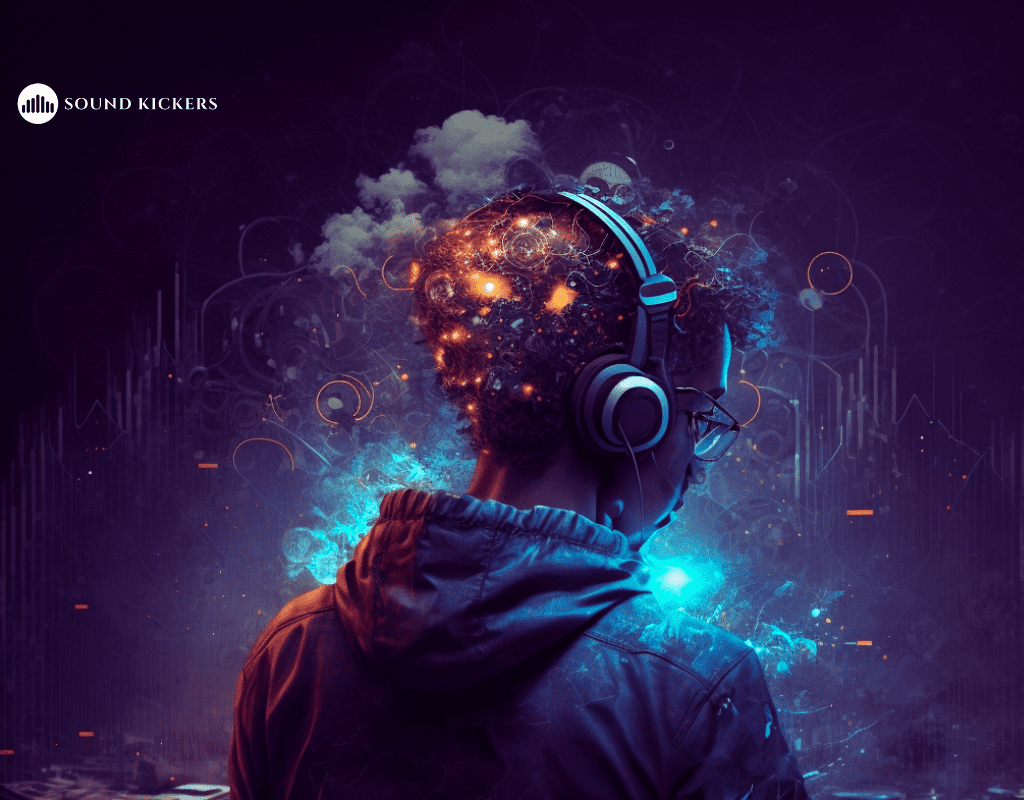
Producers can now easily adjust inflection, tone, pitch, volume, vibrato, and more to perfectly match their vision and make the song perfect.
The ability to make these changes quickly and easily saves time and money.
Plus, if something didn’t record quite right, the AI can simply sing it again in seconds rather than the artist needing to come in for another recording.
Additionally, producers will have a much easier time perfecting the song with AI since it can recreate the original singer’s voice to add new parts or fill out a harmony.
Related article: Can AI Play Piano In 2023? (Explained)
Dangers of Singing AI
One of the main concerns over AI software that can sing in another’s voice is the legal trouble we may encounter.
Deepfakes already exist in pictures and videos. Of course, many of these deepfakes are developed and distributed in jest. However, deepfake video, image, or audio brings some big-ticket questions.
The main concern with synthesized singing by AI software is the trouble with authenticity, trust, evidence, and copyright. Anyone can have any artist’s voice sing any song, and it will sound like they sang it themselves..
Not only is this legally questionable, but it can also ruin the reputation and career of an artist if someone chooses to use this software for evil instead of good.
From a less dramatic point of view, AI singing can be a bit of a scam.
Someone who has no singing talent has the potential to monetize their use of AI and reach virtual or physical fame and fortune in the place of someone who’s worked hard for years toward that same goal.
Final Thoughts
We enjoy music because we appreciate the singers and musicians singers’ and musicians’ talent, skill, and dedication.
If AI singing eventually becomes mainstream, we’ll never know if the talent is real or artificial.
While this is a troubling thought for some, the beneficial applications of AI singing largely outnumber the potential drawbacks.
References
https://slate.com/technology/2019/08/vocal-deepfakes-music-human-machine-collaboration.html

